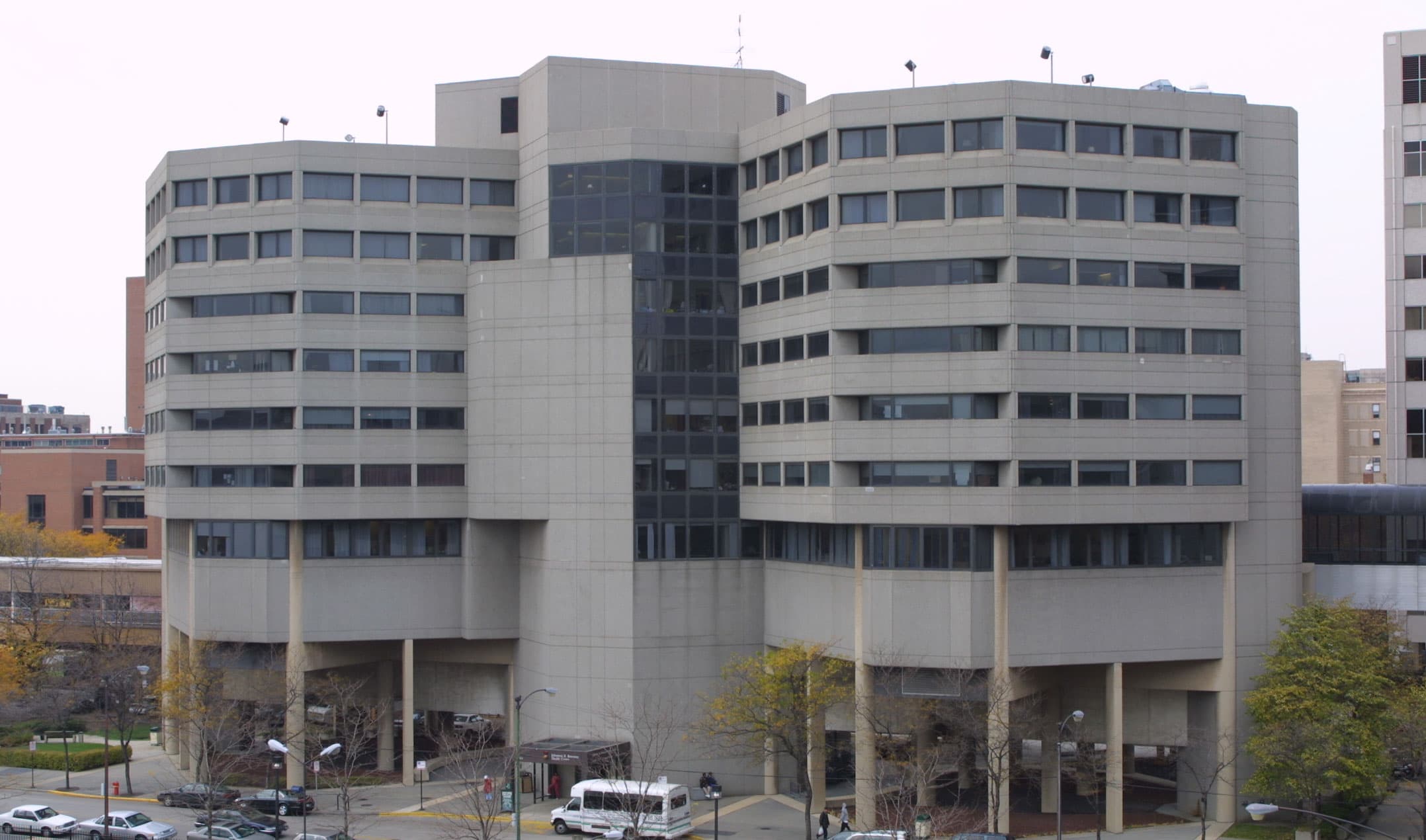The Rush Approach to Hospice and Palliative Care
- Hospice care is end-of-life medical, psychological and spiritual care for adults, children their loved ones when treatment is no longer likely to result in a cure. The goal of hospice to help you or loved one control pain and manage symptoms to live peacefully, comfortably and with dignity at the end of life.
- Palliative care, which may also be referred to as palliative medicine or supportive care, is specialized medical care for those with chronic disease or serious illness. Palliative medicine provides expert pain and symptom management, enhances quality of life, and is appropriate at any age and any stage of the illness during treatment and recovery. In fact, palliative medicine can help individuals gain strength to better tolerate treatments and live better and longer lives.
Hospice Care at Rush
- Inpatient care: Rush University Medical Center's 13 private room, inpatient hospice center, The Ada F. Addington Hospice Care Center, is run in partnership with JourneyCare, and was the first inpatient hospice unit in Chicago. It is designed for you or loved one to feel as comfortable as possible if you need around-the-clock medical treatment during end-of-life care.
- At-home hospice care: Hospice care can be given anywhere where you or your loved one feels comfortable — at home, the hospital or a nursing home. Rush Copley Medical Center works with Seasons Hospice and Palliative Care in Des Plaines to coordinate this care for you or your family member.
We also offer ongoing counseling and support services for family members and caregivers and bereavement counseling following the end of a loved one's life.
Palliative Care at Rush
A specialized team of palliative care experts provides an additional layer of care and support to you and your family when you're dealing with a chronic disease or serious illness. We will partner with you to discuss your goals for quality of life and to reduce the pain, stress and symptoms associated with your illness. Palliative care can be done inpatient and outpatient and may continue for as long as you need it.
Palliative care specialists provide you with the following:
- Emotional, physical and spiritual support
- Improved overall health and quality of life
- Improved ability to tolerate certain treatments
- Guidance in setting goals for both your health and personal life
Symptoms Management
Your hospice and palliative care team will listen closely to your goals for treatment and will help manage your pain and symptoms including the following:
- Pain
- Shortness of breath
- Fatigue
- Nausea
- Loss of appetite
- Difficulty sleeping
Rush Excellence in Hospice and Palliative Care
- An extra layer of support: Our specialists will work closely with you and your family to support you with the many difficult decisions you need to make when you are facing serious illness or approaching the end of life. We know that being seriously ill can be scary, so we try to keep you as well-informed as possible to alleviate those fears.
- An experienced team focused on you: Our hospice specialists work alongside other specialists — including cancer experts, pain doctors, dieticians, chaplains, physical therapists and social workers — to design a personalized treatment plan to ease any fear and anxiety, meet your goals for quality of life and provide care in a respectful and compassionate way.
- Home-like comfort in hospice care: At our inpatient hospice center, our goal is to help you be as comfortable as possible. Our rooms are meant to look and feel like home, welcoming your friends, family members and even pets who are encouraged to visit any time.
- Care at home: If you have two or more chronic conditions, Rush @ Home is a house calls program that offers primary care in the comfort of your own home. Rush @ Home provides crucial home-based medical services and support for patients and families who have difficulty coming into the office.
- Complementary therapies: Rush offers a full range of integrative medicine therapies, such as acupuncture and massage therapy and breathing exercises to help relieve pain naturally. These therapies may be used on their own or combined with conventional treatments.



